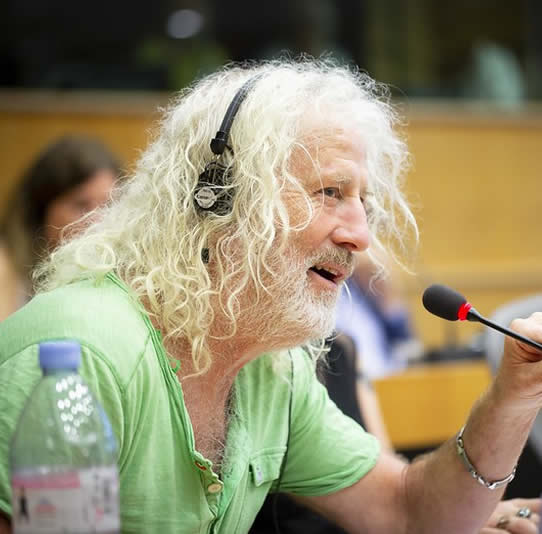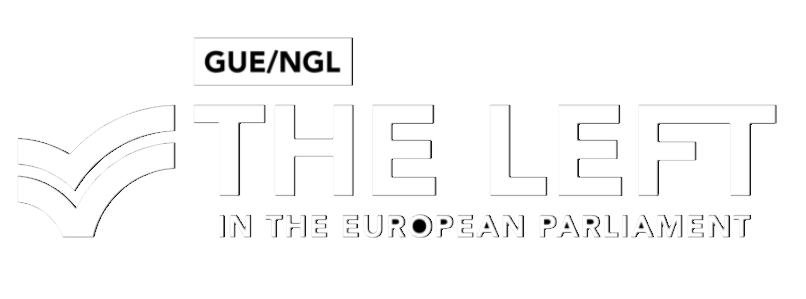Mick
Wallace
MEP
Calling it like it is…
Whether they like it or not

Wexford, Ireland South, Europe, The World- It’s all connected.
Decisions are made every day in Brussels that impact how your society is organised.
COALITION OF THE UNWILLING
On the morning of 22 July 2014, Clare Daly and Mick Wallace resolved to do what the Irish government wouldn’t – they attempted to search a US warplane for evidence of any breach of international law.
Over the course of three days in court, Daly and Wallace managed to turn the tables around and put Irish foreign policy on trial. This is the story of that trial, its wider context, and a look at the worrying increase in the militarisation of Europe


